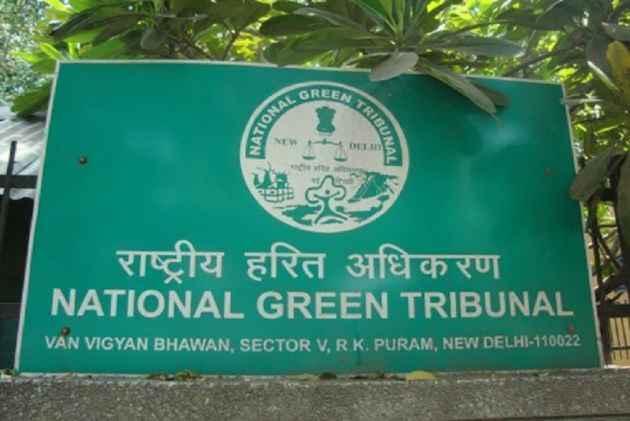Green Tribunal Asks States to Review Steps to Stop Crop Burning

The National Green Tribunal (NGT) on Friday, July 5, directed the Ministry of Agriculture to file an affidavit regarding crop residue burning within a month and coordinate with Punjab, Haryana, and Uttar Pradesh. The states have also been ordered to file progress reports mentioning strategies and proposed action plans they will employ to tackle the problem by August 9, 2019.
Every year during the winters, Delhi’s pollution levels rise and the farmers are blamed for stubble burning. The NGT in its order said, “as per the newspaper reports, 15,000 deaths took place in the year 2016 in the NCR on account of air pollution.” However, it is also clear from the order that the onus does not lie on the farmers. In fact, it is the state governments which have failed to follow multiple directions from the NGT to implement crop residue management schemes and to help the farmers with the process.
The NGT order states, “it is reported that 25%-30% contribution to the air pollution in the NCR is caused by burning of crops in the states of Punjab, Haryana, Uttar Pradesh and Delhi.” It further goes on to explain that the reason the farmers prefer to burn crop residues is because the time available for preparing the land for sowing next crop in October-November, after harvesting paddy, is not enough.
According to experts, even though other ways of crop residue management is beneficial to the organisms in the soil and increase the nutrients in the soil, the farmers are either unaware of these benefits or they ignore the advantages for faster sowing of the next crop. The paddy crop residues are not useful to the farmers as they cannot be used as cattle fodder.
The Tribunal had passed an order in December, 2015, asking the Ministry of Agriculture to take necessary steps and making equipment for crop management available to the farmers. In August, 2018, the NGT had passed another order, asking the ministry to ensure proper implementation of the scheme for supply of relevant machines in time, and also to make sure that training and awareness programmes be arranged for the farmers.
The Tribunal had earlier said that there was a need to find out a long-lasting solution to the problems of stubble burning and directed the Chief Secretaries of the four states to appear before it and explain ways to prevent it. Finally, on November 15, the matter was reviewed, and it was found that the Central Government had released a sum of Rs 577.11 crores under the ‘Crop Residue Management Scheme’, which resulted in reduction of crop burning to 12.39%. However, a large number of farmers from these states still remain unaware of the alternate methods.
In its November 2018 order, the Tribunal had also suggested to consider incentives and dis-incentives to encourage those who do not indulge in burning of the crop residue by recording an entry in the field reports. The order states, “such strategy may be in respect of individuals or in respect of the area in question. Even though the report mentions that certain awards have been given, some financial incentives/disincentives still need to be considered.”
During the hearing, S Mukherjee, registrar, Sri Karan Narendra Agriculture University, Jobner, Jaipur said the crop residue has huge potential for organic manure and decentralised composting units could be set up either in the fields or at community levels in villages or in clusters of villages.
The court wanted this aspect to be explored further in the ministry’s meeting with the three states within a month. The tribunal was also told that in Rajasthan, this has been successfully tried by Sri Karan Narendra Agriculture University, Jobner, Jaipur.
Get the latest reports & analysis with people's perspective on Protests, movements & deep analytical videos, discussions of the current affairs in your Telegram app. Subscribe to NewsClick's Telegram channel & get Real-Time updates on stories, as they get published on our website.
























